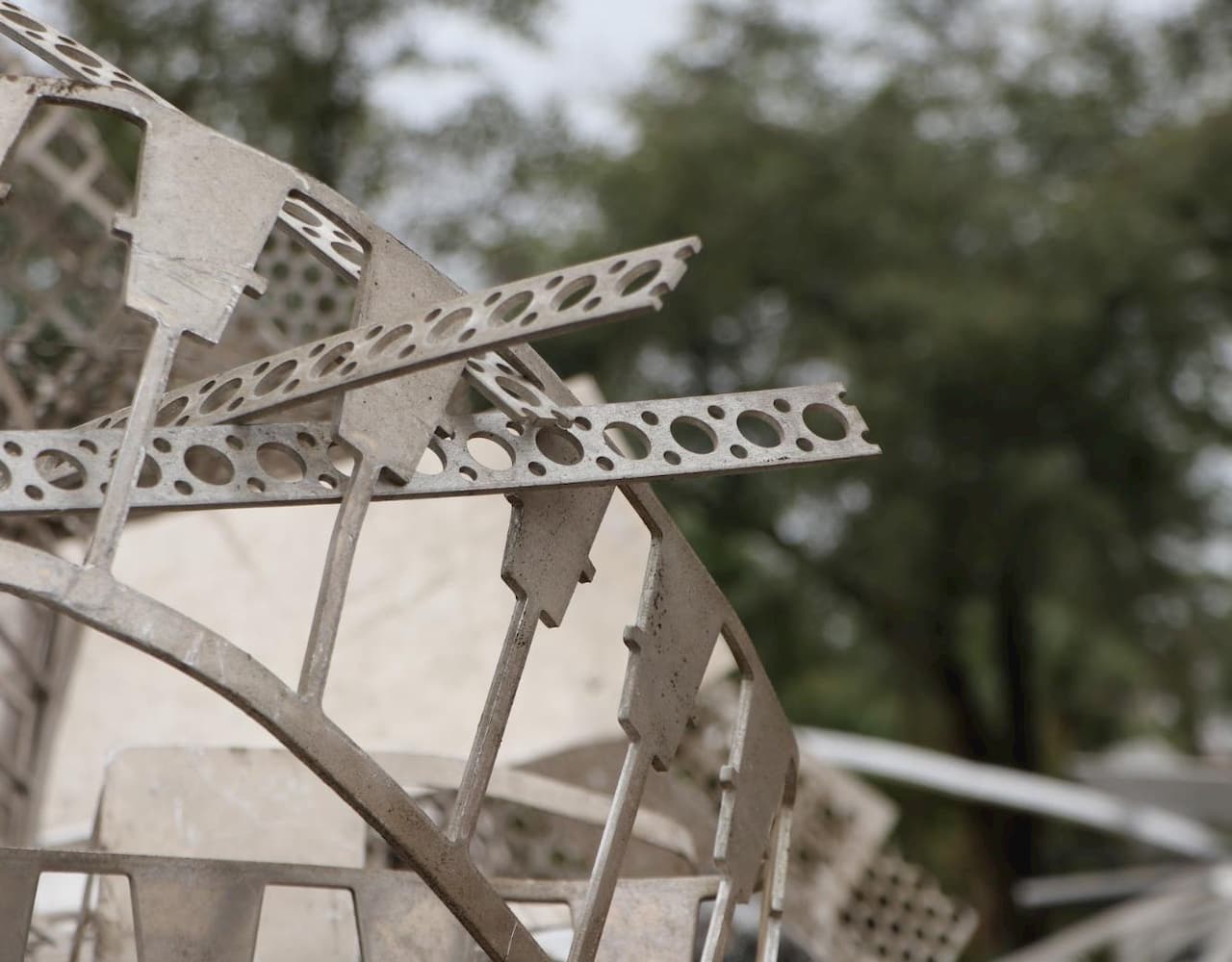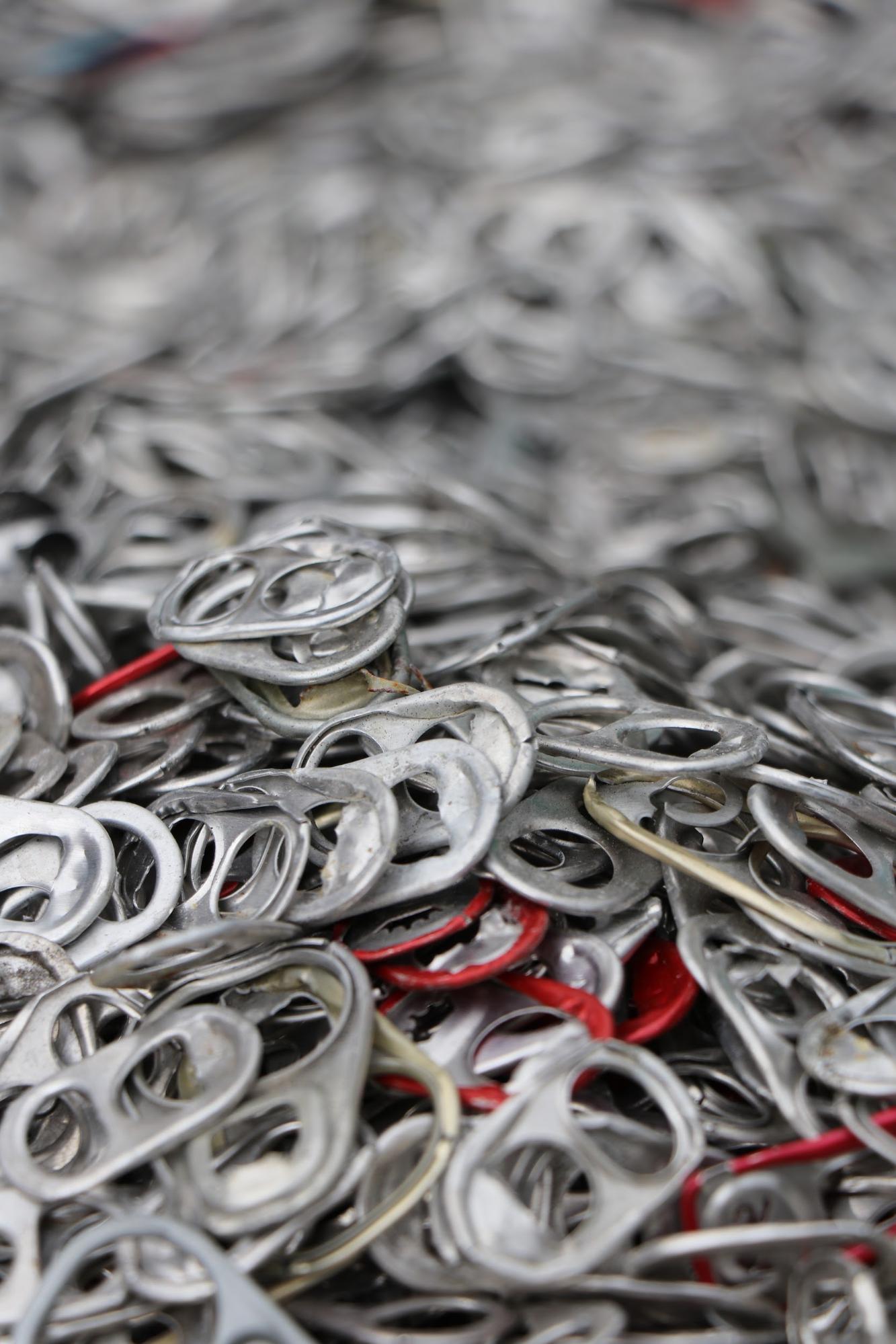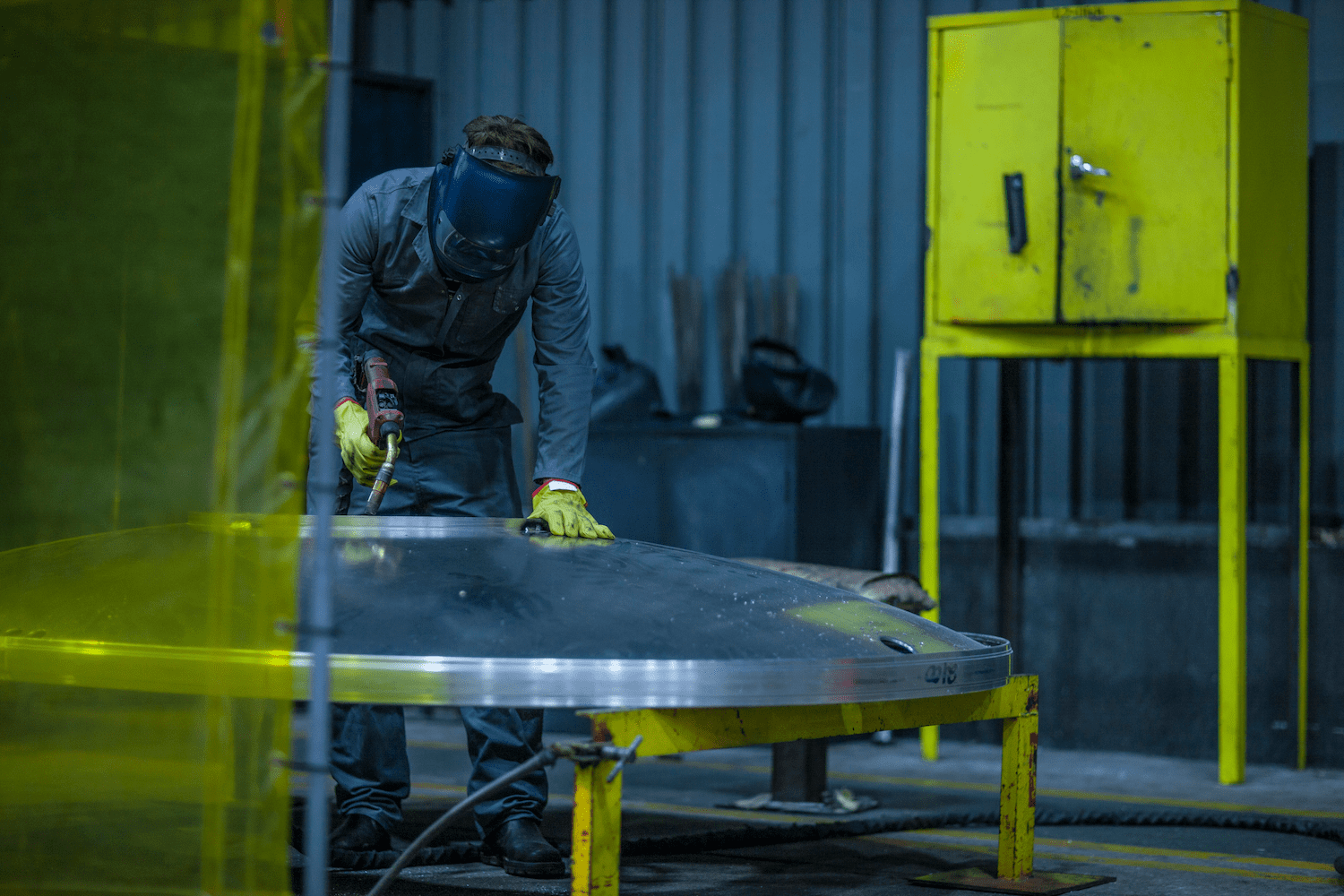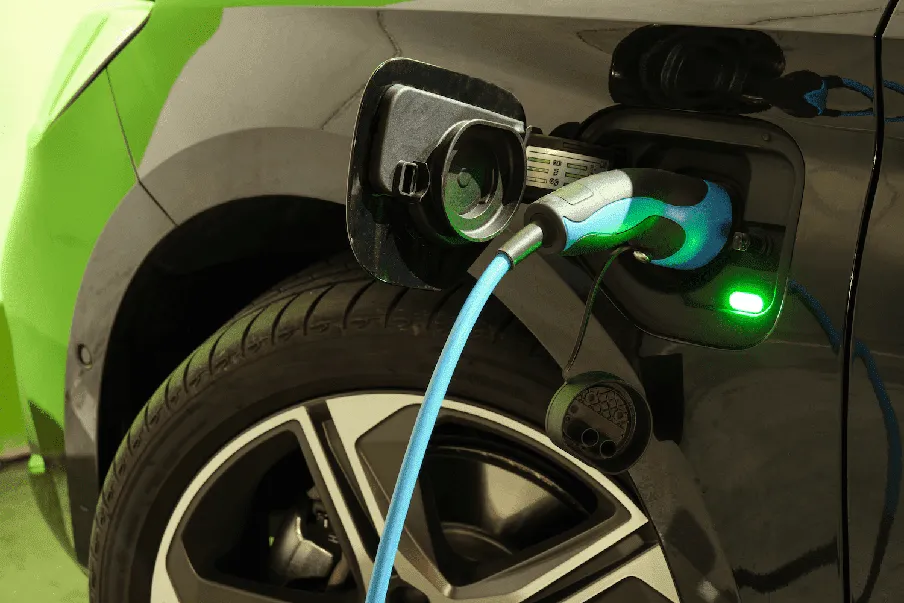
In early March 2020, the Institute of Scrap Recycling Industries sent an urgent letter to the office of the Vice President urging to qualify recycling business drop off centers for recycling as an essential service. This has shed light on the massive importance of recycling in the US economy and the effects our collective recycling actions take.
What is the ISRI?
The ISRI is a non-profit trade association with a mission of supporting the metals industry by means of publishing, and recycling training.
People and companies continue to grow to be more environmentally conscious. The cost of recycled metals, plastics, wood, and glass proceeds to go down over time, recycling has grown to make up a large portion of the manufacturing supply chains across the county.
The request for the White House to consider scrap metal recycling centers could help support the manufacturing supply chains in the US. At the same time, metal mining is being shut down due to the outbreak.
What’s considered an essential service?
Essential businesses are any that provide a service that needs to keep running to prevent chaos. These businesses are determined on the Federal, State, and Local levels, and vary based on location. However, most of these businesses are relatively universal, including:
- Grocery stores
- Pharmacies
- Garbage Collection
- Medical and Healthcare Centers
- Veterinary Clinics
- Hardware Stores
- Transportation Services
- Agriculture
- Food Processing
- Storage Facilities
- Police and Security
Roughly, any business that needs to provide food, security, medical, or transportation is allowed to operate so that everyone can still get access to food, shelter, and safety.
Why Should Drop Off Centers For Recycling be Considered Essential?
As noted by ISRI, recycled materials make up over 40% of the United States’ raw materials in manufacturing across all industries. To be able to keep producing metal goods and maintain production in the US, scrap metal recyclers need to be an essential service.

A circular economy
The idea of a circular economy is to eliminate waste by recycling all materials without a need to add any new materials. While it is incredibly ambitious, the United States and most countries are partially there. Especially during pandemics, the need for a country to still be able to supply metals and plastics for production is critical.
Right now, the ability to get these metals from other countries and sources is slowing down.
Mining for Metal Slows Down Worldwide Amid Coronavirus
Mining-technology.com has been sharing stories of mines across the Americas and beyond shutting down amidst the Covid19 outbreak.
One of the recent stories includes some of the largest mining companies in the world, slowing to a crawl, including gold, and zinc. Mining has almost come to a standstill in China and surrounding countries. Combine this with US and Canada beginning rolling quarantines, the new production of metals isn’t entirely possible.
How You Can Help
Currently, about 75% of aluminum is recycled, and a little over 80% of industrial steel is recycled. With an increase in steel, aluminum, and iron recycling, we can produce more canned and bottled foods without having to worry about supplies going down during the pandemic. If we recycle metals like gold, zinc, and copper, businesses can keep producing amidst the shutdown and can help sustain the economy.
There are even signs that zinc lozenges in small quantities may help reduce the ability of the virus to propagate in the throat and nasal passages. Unfortunately, this hasn’t been tested directly on the coronavirus to be sure.

Any efforts made to recycle the metals leftover from canned and bottled foods, old projects, and broken metal tools or toys, can help support the manufacturing supply chain during this time of crisis.
How to Prepare Your Metal Recycling
If you’re recycling cans, bottles, or other food-related metals, the process is similar to plastic recycling. Wash out any containers so that there are no food contaminants left, leave it out to dry, and then if you have a can crusher, compress the metal. You can add it to your recycling bin, or gather it into a separate box.
For items like sheet metal, metal rods, bent, or broken metals like those from old exercise equipment or wheelchairs, you’ll need to set them aside to be taken to a scrap metal recycling center.
Once you have everything together, check to make sure your local scrap metal center is currently open, and drop off metal recycling.
GLE Scrap Metal Recycling Centers
GLE Scrap Metal has recycling centers in Florida and Michigan. It may be able to provide a pick up on large scrap metal orders, like those for business, including machining or demolition. Companies that are still operating until quarantine begins in their location can still work with GLE Scrap Metal to recycle their scrap metal.
For consumers on lockdown, please wait until the quarantine is over and turn in your recycling. Together we can maintain the production of essential goods in the US and abroad, especially as we deal with reduced production from mines during this outbreak.
If you’re ready to contact GLE Scrap Metal and continue to help, please contact us or call 855-727-2788 to get in touch.



